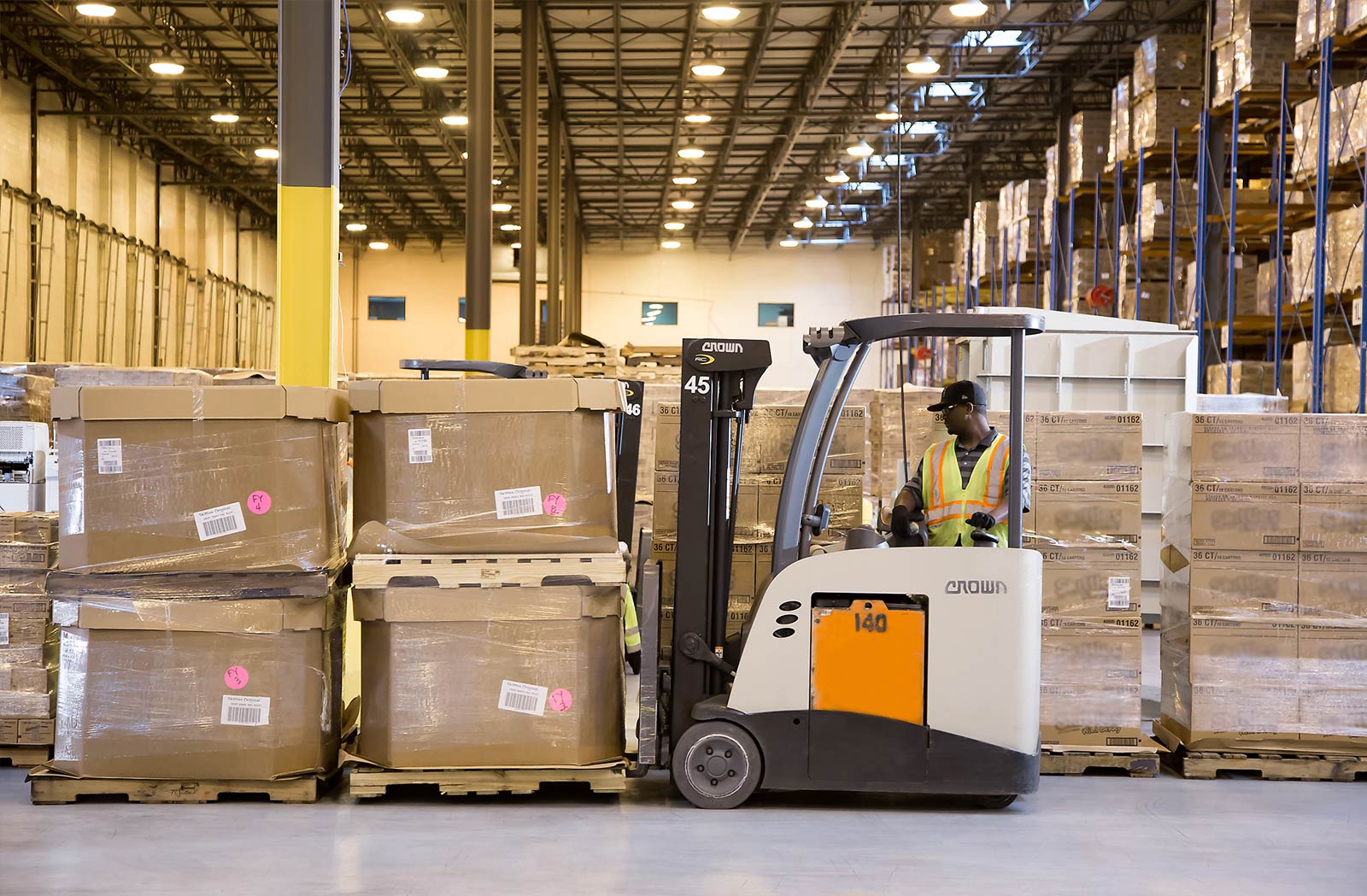Warehouse Jobs in Japan: Opportunities in Logistics and Storage
Japan's robust logistics industry offers numerous opportunities for those seeking warehouse jobs. With its advanced infrastructure and growing e-commerce sector, the demand for skilled workers in warehousing and storage continues to rise. This article explores the landscape of warehouse employment in Japan, highlighting key aspects of the industry and what job seekers can expect.

For those with technical skills, there are opportunities in warehouse automation and technology implementation. As Japan embraces cutting-edge logistics solutions, roles for maintenance technicians and robotics specialists are becoming increasingly common in modern warehouses.
How does Japan’s logistics industry impact warehouse employment?
Japan’s logistics industry is known for its efficiency and innovation, directly influencing the nature of warehouse jobs. The country’s commitment to precision and timely delivery has led to the development of sophisticated warehouse management systems and practices. This emphasis on technology and organization creates a dynamic work environment where employees are often required to adapt to new processes and tools.
The growth of e-commerce has also significantly impacted warehouse employment in Japan. As online shopping continues to gain popularity, there is an increased need for warehouses that can handle high-volume order fulfillment and rapid shipping. This trend has led to the creation of more jobs and the expansion of existing warehouse facilities across the country.
What skills are in demand for warehouse jobs in Japan?
While specific requirements may vary depending on the position and company, several key skills are highly valued in the Japanese warehouse industry:
-
Attention to detail: Precision is crucial in inventory management and order fulfillment.
-
Physical stamina: Many warehouse roles involve lifting, moving, and standing for extended periods.
-
Technology proficiency: Familiarity with inventory management software and warehouse automation systems is increasingly important.
-
Teamwork: The ability to collaborate effectively in a fast-paced environment is essential.
-
Time management: Meeting deadlines and maintaining efficiency are critical in logistics operations.
For non-Japanese speakers, language skills can be a significant advantage. While some international companies may operate in English, proficiency in Japanese is often required, especially for positions involving communication with local suppliers or customers.
How does storage optimization affect warehouse jobs in Japan?
Japan’s limited land availability has led to innovative approaches in storage optimization, which directly impacts warehouse jobs. Vertical storage solutions, automated storage and retrieval systems (AS/RS), and compact warehousing techniques are commonly employed. This focus on space efficiency requires warehouse workers to be adaptable and skilled in operating specialized equipment.
Employees in Japanese warehouses often need to be familiar with lean inventory management principles and just-in-time (JIT) delivery systems. These practices aim to minimize waste and improve overall efficiency, demanding a high level of organization and quick decision-making from warehouse staff.
What are the employment conditions for warehouse workers in Japan?
Employment conditions in Japanese warehouses generally reflect the country’s work culture, which values dedication and long-term commitment. Full-time positions often come with benefits such as health insurance, paid leave, and retirement plans. However, the industry also relies heavily on part-time and temporary workers, especially during peak seasons.
Working hours can be demanding, with shifts potentially including nights and weekends, particularly in facilities that operate 24/7. Overtime is not uncommon, especially in busy periods or when dealing with time-sensitive shipments.
Safety is a priority in Japanese warehouses, with strict adherence to occupational health and safety regulations. Employees typically receive thorough training on safety procedures and the proper use of equipment.
How can job seekers find warehouse opportunities in Japan?
Job seekers interested in warehouse positions in Japan can explore various channels:
-
Online job portals: Websites like Indeed Japan, Daijob, and GaijinPot often list warehouse and logistics positions.
-
Recruitment agencies: Many agencies specialize in placing foreign workers in Japan’s logistics sector.
-
Company websites: Large logistics companies and e-commerce retailers frequently post job openings on their career pages.
-
Networking: Attending industry events or joining professional groups can provide valuable connections.
-
Local job centers: Hello Work offices throughout Japan offer job-seeking assistance, including warehouse positions.
For non-Japanese job seekers, it’s important to research visa requirements and any necessary qualifications for working in Japan. Some companies may sponsor work visas for qualified candidates, particularly for specialized or management roles in logistics.
In conclusion, warehouse jobs in Japan offer a unique blend of traditional work ethics and cutting-edge technology. The country’s logistics and storage industry provides diverse opportunities for those looking to enter or advance in the field. With its focus on efficiency, innovation, and quality service, Japan’s warehouse sector continues to be a dynamic and rewarding area for employment.






